#korean studyblr
*All verbs below are in original form(dictionary form).
존재하다 : to exist
선언하다 : to declare, proclaim
목격하다 : to witness
제안하다 : to suggest
조언하다 : to advise
개입하다 : to intervene
헌신하다 : to devote
축하하다 : to congratulate
환영하다 : to welcome
접근하다 : to approach
투자하다 : to invest
개선하다 : to improve
응원하다 : to cheer, support
설명하다 : to explain
오해하다 : to misunderstand, misconceive
해결하다 : to resolve
조절하다 : to adjust
계획하다 : to plan
보호하다 : to protect
조사하다 : to investigate
확인하다 : to check, verify, confirm
출발하다 : to depart, set off, start
도착하다 : to arrive, reach
설득하다 : to persuade
양보하다 : to yield, give way
희생하다 : to sacrifice
쟁취하다 : to achieve, win
야기하다 : to cause, bring about
실수하다 : to make a mistake
긍정하다 : to affirm
부정하다 : to deny
생산하다 : to produce
소비하다 : to consume, spend
인정하다 : to admit
소유하다 : to own, possess
봉사하다 : to serve, do volunteer work
유지하다 : to maintain
보조하다 : to assist
인용하다 : to quote, cite
대표하다 : to represent
선택하다 : to choose, select
거절하다 : to reject, refuse
촉진하다 : to promote, accelerate, boost
요구하다 : to demand, ask
사과하다 : to apologize
추측하다 : to guess, suppose
간섭하다 : to interfere
낭독하다 : to read aloud
관찰하다 : to observe
추구하다 : to pursue, seek
Written and edited by Admin Yu

눈 : snow
첫눈 : first snow of the winter
눈송이 / 눈꽃 : snowflake
결정 : crystal
서리 : frost
함박눈 : big snowflakes
진눈깨비 : sleet
눈보라 : blizzard
우박 : hail
폭설 : heavy snow
만년설 : perpetual snow
설경 : snow scenery
눈사람 : snowman
눈덩이 : snowball
눈싸움 : snowball fight
눈이 내리다 : to snow
얼다 : to freeze
녹다 : to melt, to thaw
하얗다 : white
새하얗다 : pure white
희다 : white
차갑다 : cold
춥다 : cold (weather)
(손이/귀가/코가) 시리다 : (hand/ear/nose is) cold
펑펑 : (adverb) shape of snow falling heavily (ex. 함박눈이 펑펑 내린다)
펄펄 : (adverb) shape of snow or powder blowing in the wind (ex. 흰 눈이 펄펄 내린다)
소복소복 : (adverb) shape of things piled up (ex. 길에 눈이 소복소복 쌓여 있다)
뽀드득 : (adverb) sound of stepping on a pile of snow
It’s snowing heavily in Korea!
-Written and edited by Admin Yu
Hello, this is Admin Hee. Today’s grammar will be regular conjugation.
Regular conjugation
The regular change of form of predicate in Korean grammar such as verbs and adjectives. At this point the predicate of a clause is the part of it that is not the subject and it consists of a stem and ending.
-Stem : unchanging part of the predicate
보- is the stem of the forms ‘보다’, ‘보니’, ‘보고’
-Ending : changing part
-다. -니, -고 is the ending of the forms ‘보다’, ‘보니’, ‘보고’
1. ‘ㅡ’ Elision (’ㅡ’ 탈락)
‘ㅡ’ is elided in front of the stem ‘-아/어’, ‘-았/었-’
- 담그- + -아 = 담가
- 슬프- + -어 = 슬퍼
- 아프다 + 아서/어서 = 아파서
Such verbs or adjectives like 끄다, 크다, 바쁘다, 따르다 are examples.
2. ‘ㄹ‘ Elision (’ㄹ’ 탈락)
When the last sound of the stem ‘ㄹ’ meets ‘ㄴ,ㅂ,ㅅ,오’ , it gets elided too.
- 살- + -는 = 사는
- 살- + -ㅂ니다 = 삽니다
- 살- + -오 = 사오
살다, 놀다, 울다, 불다, 얼다, 멀다 and so on are the examples.
Additionally, nouns that ends up with consonant ‘ㄹ’, gets elided when it is combined with ‘ㄴ,ㅅ’ which is the first sound of the next word. This is not about the conjugation of verbs and adjectives but are also called ‘ㄹ’ 탈락.
- 버들+나무 = 버드나무
- 솔+나무 = 소나무
- 딸+님 = 따님
Written by Admin Hee
Edited by Admin Yu
직업 Job
의사 Doctor
간호사 Nurse
변호사 Lawyer
검사 Prosecutor
판사 Judge
기자 Reporter
아나운서 Announcer
선생님 Teacher
소방관 Firefighter
기술자 Engineer
미용사 Hairdresser
기업인 Business person
조종사 Pilot
기사 Driver
경찰관 Police
인명구조원 Life guard
우주비행사 Astronaut
배우 Actor
작가 Writer
요리사 Chef
Written by Admin Na
Edited by Admin Yu
Hello! this is admin Do. Today I will introduce twelve months in Pure Korean words and some good pure Korean words.
- Twelve Months in Pure Korean Word
In a monthly magazine, “작은 것이 아름답다”, published by 녹색연합, a private environmental activist group, the twelve months in the pure Korean word named by 임의진 of 남녘 Church was introduced. He suggested using these names, which are meaningful and friendly, instead of dull numbers, and 12 months in Korean were created. Thus, each month is not an official name in Korean. Though the names are not official, they capture the images of each month beautifully in pure Korean!
January : 해오름달(Hae-o-reum Dal) - The month of vigorous ascent on New Year’s morning.
February : 시샘달(Sisaem Dal) - The end of winter months with cold
March : 물오름달(MuloReum Dal) - The month rising water in the mountains and fields
April : 잎새달(Ibsae Dal) - the month with its own leafy trees
May : 푸른달(Pureun Dal) - The month of every man with a hopeful heart
- *푸른 : The basic form ‘푸르다’ means mostly blue. In literal translation, it is the month of all who are blue-hearted. But the word '푸르다’ occasionally means having big hope or ambition, or youth and vitality.
June : 누리달(Nuri Dal) - The month full of the sound of lives all over it.
July : 견우직녀달(Gyeon-woo Jing-nyuh Dal) - The beautiful month where 견우(Gyeon-woo) and 직녀(Jing-nyuh) meet
- *견우 and 직녀 : The main characters of the legend of Chilwol Chilseok, in which Gyun-woo and Jing-nyuh meet once a year.
August : 타오름달(Taoreum Dal) - The month of passion in which the sun burns in the sky and the heart burns on the earth.
September : 열매달(Yeolmae Dal) - The month in which every branch bears fruit
October : 하늘연달(Haneulyeon Dal) - The month when the country of morning opened on Mt. Baekdu
- *Mt. Baekdu : The mountain in Korea
November : 미틈달(Miteum Dal) - The month from autumn to winter
December : 매듭달(Maedeub Dal) - The last month of the year to compose oneself
- Other Pure Korean Words
Below are beautiful pure Korean words, sometimes found in the names of Koreans.
미리내(Mirinae) : milky way
아라(Ara) : sea
예그리나(Yegrina) : our relationship of loving each other
라온(Raon) : pleasant
사나래(Sanarae) : angel wings
나르샤(Narsya) : fly up
다솜(Dasom) : love affectionate and dear
Written by Admin Do
Edited by Admin Yu
Hi! This is Admin Hyun.
Today’s grammar I want to introduce is ‘same vowel elision’(동음 탈락). Same vowel elision is not an irregular conjugation. Under the conditions, it always happens.
A phenomenon where an ending(어미) that starts with ‘-아’ or ‘어’ follows after verb’s or adjective’s(용언) stem(어간) that end with ‘-아’ or ‘어’, and as a result, the same vowel ‘아’ or ‘어’ is repeated(comes consecutively), one of the same vowels is omitted(elision)
ㅏelision (ㅏ 탈락)
- 가+아서 가서(go and-)
- 가+아 가(go)
- 가+았 + 다 갔다(went)
- 차+아서 차서(kick and-)
- 차+아 차(kick)
- 차+았 + 다 찼다(kicked)
ㅓ elision (ㅓ 탈락)
- 건너+어서 건너서(cross the street and-)
- 건너+어 건너(cross the street)
- 건너+었 + 다 건넜다(crossed the street)
- 나서+어서 나서서(take the lead and-)
- 나서+어 나서(take the lead, step ahead)
- 나서+었 + 다 나섰다(took the lead)
Keep in mind that if the stem ends with a consonant, same vowel elision doesn’t take place. For example,
- 먹 + 어 먹어(eat)
- 먹 + 었 + 다 먹었다(ate)
- 잡 + 아 잡아(catch)
- 잡 + 았 + 다 잡았다(caught)
Elision of vowels is a kind of ‘elision of phoneme(음운)’. Not only vowels but also consonants are subject to elision. For example, if in 딸(daughter)+님(honorific ending), ‘ㄹ’ is omitted when it is followed by ㄴ and becomes 따님(honorific form of daughter). Elision of phoneme is one of many ‘changes in phoneme’ which include alteration, elision, addition and contraction.
Written by Admin Hyun
Edited by Admin Yu
유행 - trend
스타일 - style
대중 - public
정장 - suit
청바지 - (blue) jeans
겉옷 - outer clothing
가디건 - cardigan
코트 - coat
스웨터 - sweater
평상복 - casual
운동복 같은 - sporty
소가죽 - cowhide
리넨, 아마 섬유 - linen
예스럽다 - vintage(빈티지)
상징 – logo(로고)
소매 - sleeve
시즌 컬러 - season color
헐렁한 - baggy
(길이가) 무릎까지 오는 - knee-length
초라한 - tacky
슬랙스 - slacks
단화 - loafers
블라우스 - blouse
액세서리 - accessory
보석 - jewel
입다 - put on
Written by Admin Hee
Edited by Admin Yu
Hi! 안녕하세요. This is Admin Na. And today I’m going to talk about the causative expression.
What is the causative expression?
The causative expression is having the subject make another person do a motion or act.

Ex)
- Heedo makes Seongyu laugh.: 희도가 선규를 웃긴다.
The causative expression can be divided into two, the derivative causative expression, and the syntactic causative expression. And the derivative causative can be divided again, into a causative verb by the causative expression and a causative verb by ‘-시키다’.
1. Suffix
A causative verb by the causative expression: The stem of a main verb+causative suffix ‘-이-, -히-, -리, -기-, -우-, -구-, -추-’
Ex)
- A mother feeds Kyung-soo.: 어머니가 경수에게 밥을 먹인다.
- Young-mi woke her sleeping sister up.: 영미가 자고 있는 언니를 깨웠다.
- The mother dressed the child.: 엄마가 아이에게 옷을 입히었다.
- Young-hee put the baby in a chair.: 영희가 아기를 의자에 앉혔다.
- Feed a bird for food.: 새에게 모이를 먹이다.
- Mother Dresses Hee-Leong.: 엄마가 희령이에게 옷을 입히다.
- The woodcutter hides the deer behind the tree.: 나무꾼이 사슴을 나무 뒤에 숨기다.
2. 시키다
A causative verb by ‘-시키다’: Noun+’-시키다’
Ex)
- The police stopped the car.: 경찰이 차를 정지시켰다.
- The doctor hospitalized Min-Kyung.: 의사가 민경이를 입원시켰다.
- pollute오염시키다.
3. -게 하다
The syntactic expression, the causative verb by ‘-게 하다’: The stem of a main verb+’-게 하다’
Ex)
- My mother made my brother eat.: 어머니께서 동생에게 밥을 먹게 하셨다.
- The mother made the child wear clothes.: 엄마가 아이에게 옷을 입게 하였다.
- Hyuna let the bird fly.: 현아가 새를 날게 하였다.
- To cause to eat.: 먹게 하다.
Causative verb
A verb that indicates that the subject of a sentence does not act on his own, but causes others to act.
Ex)
- 속이다
- 넓히다
- 울리다
- 숨기다
- 피우다
- 솟구다
- 늦추다
A ’-이우-’ combination of two causative suffixes makes a causative verb.
Ex)
- 재우다
- 태우다
- 키우다
Thank you all for reading this post! I really hope this was helpful for you, and always stay safe:D
참조 사진 및 출처
- 신영균 국어 연구실
-Written by Admin Na
-Edited by Admin Yu










部 - 부 - 떼 부
Division / Part
Example in main pic:
大部分 - 대부분 - Most
分 - 분 - 나눌 분
Division / Part / Minute
Example in main pic:
分-분 - Minute
多 - 다 - 많을 다
Many / Most / All
Example in main pic:
多樣 - 다양 - Variety / Diversity
數 - 수 - 셀 수
Number
Example in main pic:
多數 - 다수 - Majority
全 - 전 - 온전할 전
Whole / all
Example in main pic:
全部 - 전부 - All parts
Source :https://www.howtostudykorean.com/hanja-unit-1-lessons-1-20/hanja-lesson-17/
~~~~~~~~~~
(you can ignore this. Here’s your ignore-this permission-slip. Don’t drop it)
So… Hello. I usually don’t comment on these because they feel big enough already, but whatever. I’m clearly trying out different ways of visualizing things so I hope you don’t mind the inconsistencies. Feel free to tell me if there’s a style you prefer (and why it’s better for your learning?), but you’re not my boss so no promises. No promises to my boss either for that matter.
Anyway, I’m also making a couple pics here and there kind of Black Lives Matter-y and you can’t stop me, but it does mean that I don’t necessarily use the most recognizible words for the Hanja? (Like for 수 the most obvious one is obviously “math - 수학”) You’re just gonna have to live with that.
Also I really appreciate likes and reblogs? It’s pretty motivating, but I’m not your boss either so just do your thing.
(this is why I don’t comment things here. I ramble. Stay safe out there. Bye)










場
Meaning - Place / Location
Korean syllable - 장
Korean name - 마당 장
室
Meaning - Room
Korean syllable - 실
Korean name - 집 실
食
Meaning - Food
Korean syllable - 식
Korean name - 밥 식
地
Meaning - Land / Earth
Korean syllable - 지
Korean name - 땅 지
方
Meaning - Area / Region / Side
Korean syllable - 방
Korean name - 모 방
Source:https://www.howtostudykorean.com/hanja-unit-1-lessons-1-20/hanja-lesson-15/

先
Meaning - First
Korean syllable - 선
Korean name - 먼저 선
Examples
先生님 - 선생님 - Teacher (님 doesn’t have Hanja)
先着順 - 선착순 - First come first served / order of arrival
優先 - 우선 - First, above all, preference, special treatment
Source:https://www.howtostudykorean.com/hanja-unit-1-lessons-1-20/hanja-lesson-13/

校
Meaning - School
Korean syllable - 교
Korean name - 학교 교
Examples
女學校 - 여학교 - Girls school
校內 - 교내 - Inside a school
母校 - 모교 - One’s old school / Alma mater
Source :https://www.howtostudykorean.com/hanja-unit-1-lessons-1-20/hanja-lesson-13/

生
Meaning - Life / Birth
Korean syllable - 생
Korean name - 날 생
Examples
生日 - 생일 - Birthday
一生 - 일생 - One’s entire life
新入生 - 신입생 - Freshman
Source :https://www.howtostudykorean.com/hanja-unit-1-lessons-1-20/hanja-lesson-13/

지진 - Earthquake
진지 - Rice/meal (polite)
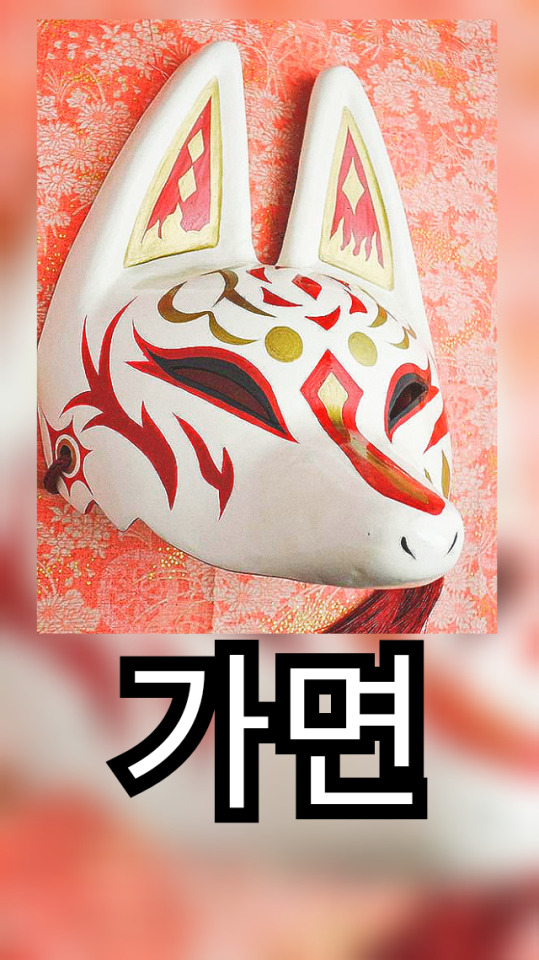



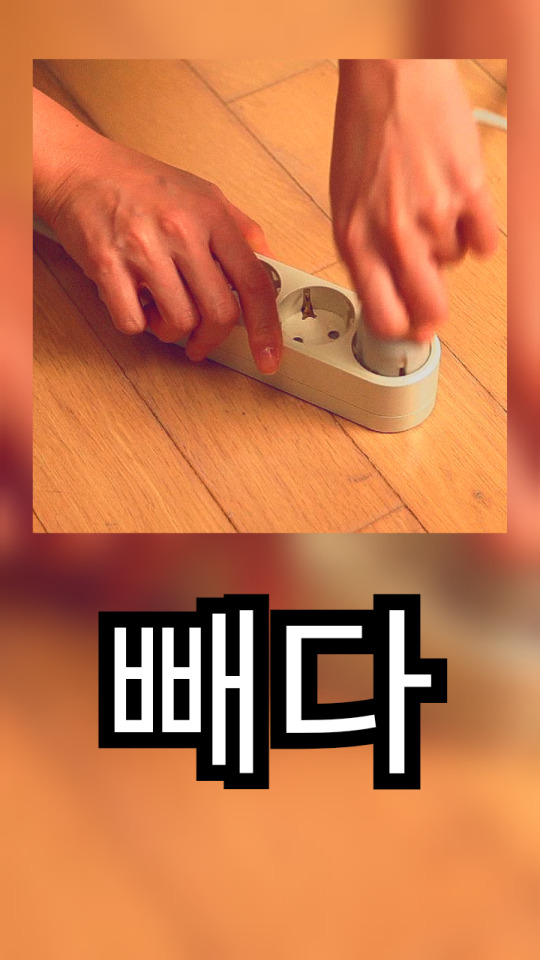




가면 - A mask (disguise)
매다 - To tie, knot
구토 - Vomiting
허리띠 - A belt, waistband
빼다 - To remove
남색 - Navy blue, dark blue (also sodomy apparently?)
치통 - Toothache
복통 - Stomachache
조율하다 - To tune (a piano)









기쁨 - Pleasure, delight, joy. Noun form of 기쁘다 - To be happy
공포 - Fear
비서 - Secretary
아나운서 - Announcer, newscaster
경호원 - Guard, bodyguard
카메라맨 - Cameraman
재봉사 - Tailor
색소 결핍 - Albino
겁나다 - To be/get scared
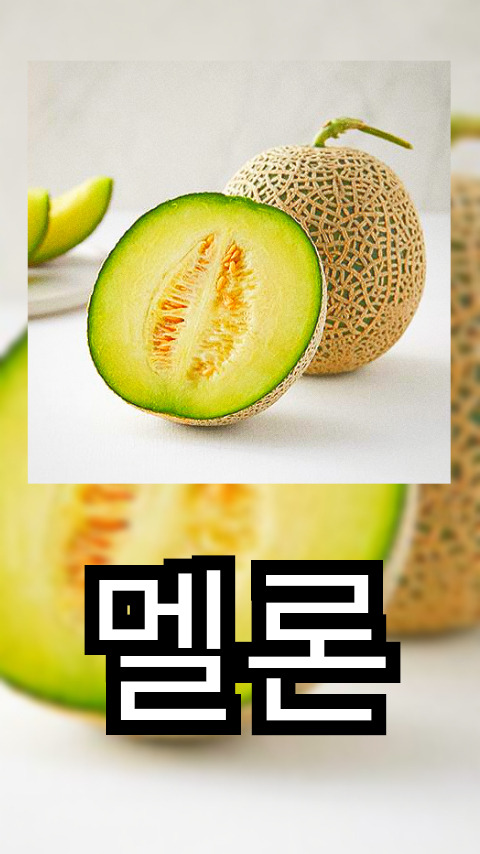



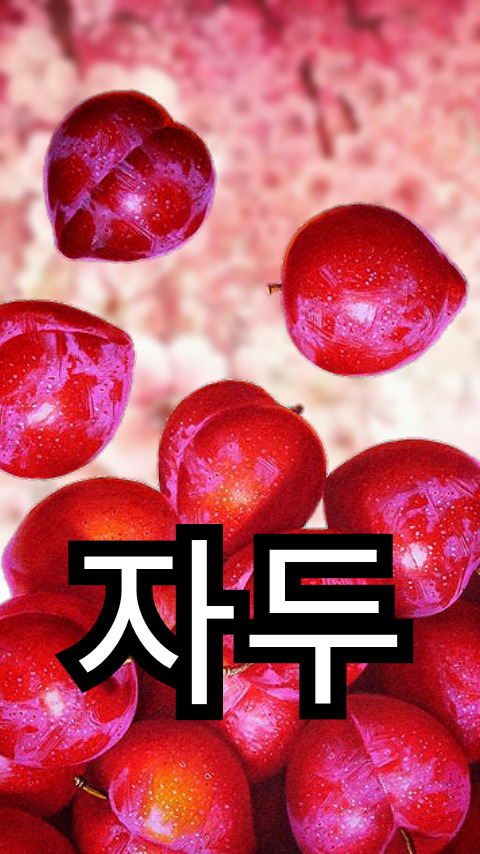
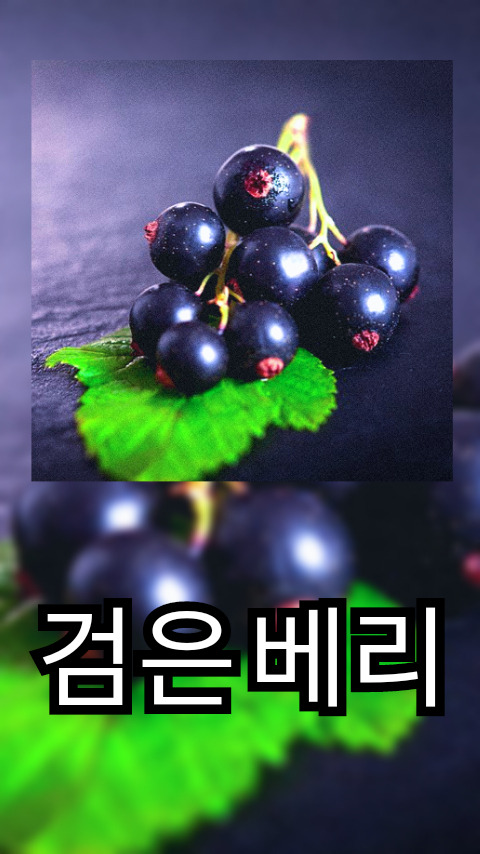



멜론 - Melon
올리브 - An olive
파파야 - Papaya
감 - A persimmon
자두 - A plum
검은 베리 - Black currant (but I’ve also seen it used for blackberries and blueberries)
대추 - A jujube, a (Chinese) date
구스베리 - Gooseberry
구아바 - Guava

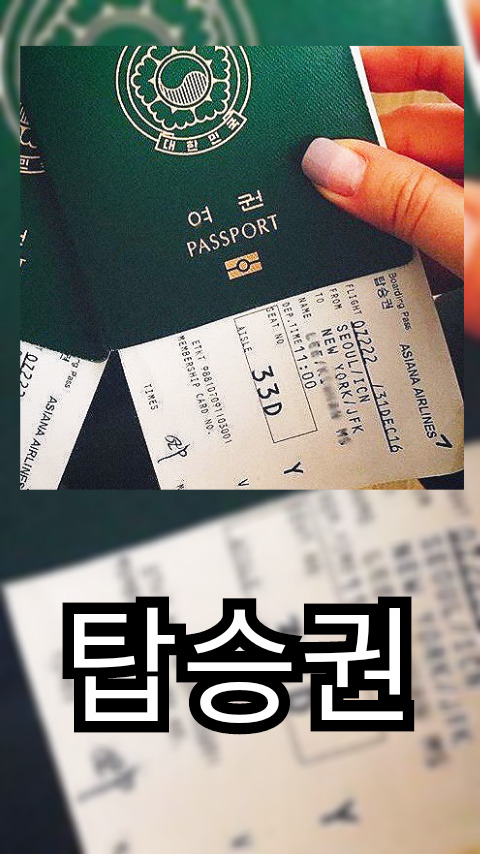







녹다 - To melt
탑승권 - Boarding pass
절벽 - Precipice, sheer cliff
빨강 - Red
하양 - White
노랑 - Yellow
피망 - Pimento, Bell pepper
근대 - A beet
연령대 - Age group









해산물 - Seafood, marine products
물다 - To bite
마못 - Groundhog
스프링클러 - Sprinkler
납치하다 - To abduct, kidnap
소방훈련 - Firedrill (소방 - Firefighting, 훈련 - training, drill, exercise)
승객 - A passenger
잔디밭 - Lawn (잔디 - Grass, 밭 - Field, garden)
인터페이스 - Interface









소시지 - A sausage
살라미 - Salami
닭 날개 튀김 - Chicken wings (닭 - Chicken, 날개 - Wings, 튀기다 - To fry/deep-fry)
칠면조 가슴 구이 - (Grilled) Turkey breast (칠면조 - Turkey, 가슴 - Chest/breast, 굽다 - To roast, grill)
스폰지 - Sponge
두통 - A headache
욕조 - A bath/bathtub
해변 - Seashore, beach, coast
감자 튀김 - Fries (감자 - Potato, 튀기다 - To fry/deep-fry)
